Is the Movie Glass a Continuation of Unbreakable
Each movie in M. Night Shyamalan's "Unbreakable" superhero trilogy reflects a main character, but he saved the coolest dude for last.
"Glass" (in theaters Friday), the long-awaited follow-up to 2000's origin tale "Unbreakable," concludes the comic-book-inspired series, bringing together two old foes – Bruce Willis' nearly invulnerable hero David Dunn and Samuel L. Jackson's brittle-boned Elijah "Mr. Glass" Price – and sticking them in a mental asylum with Kevin Wendell Crumb (James McAvoy), the antagonist with 24 personalities from Shyalaman's 2017 middle chapter "Split."
Although the films are connected, Shyamalan wanted them to have distinctly different tones. "Unbreakable," for example, is "somber and quiet and meditative," like Willis' good guy, Shyamalan says, while "Split" is "violent and jagged and weird and inappropriate" to match Crumb's various identities. "Glass," however, "is a chess match and very kind of lighthearted and philosophical, which is Mr. Glass."
We've got some burning questions about "Glass," and Shyamalan and McAvoy are here to answer them:
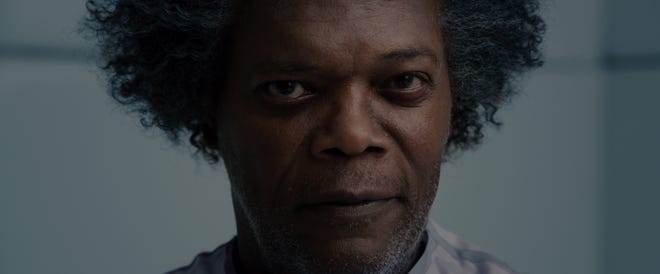
Did the popularity of Marvel movies and superhero cinema influence 'Glass'?
Since "Unbreakable" 19 years ago, powerful beings have become box-office gold, but Shyamalan wanted "Glass" to differ "in a fresh, grounded way."
He thinks audiences are ready for another approach: "The great part was I got to kind of have a conversation about the meta, the culture of comic books and why it's an obsession, and it gave validity to the basic premise of the movie," Shyamalan says. "There's a wing of a hospital that treats people with this growing disorder, which is people that think they're comic-book characters. It feels like, coming out of this time period, this would naturally happen."
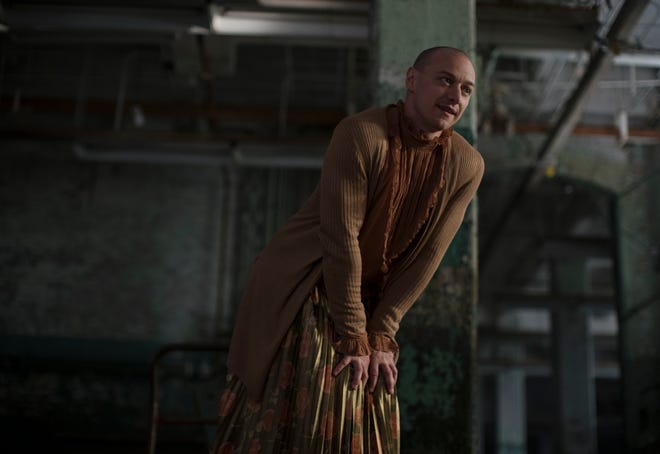
How many personalities do we see McAvoy play this time around?
McAvoy played nine in "Split," from devout and slightly kinky Patricia to the primal, muscular Beast, and in "Glass," the number rises to 20. "You're going, 'OK, I've really got to pull from my people-watching skills, on the interesting people I've seen in my life, the (jerks), the cool people, the people who have left a mark, and use a bit of them here, there and everywhere,' " McAvoy says.
One new identity was based on the 12-year-old Saoirse Ronan he met when they co-starred 2007's war film "Atonement" ("She had such energy and verve and bite in her voice"), but his favorite was inspired by audiobook narrator Scott Brick's voice and only speaks in third person.
"He's kinda like Kevin, actually. He finds life so traumatizing and so hard to experience that he's opted out of experiencing it as it happens."
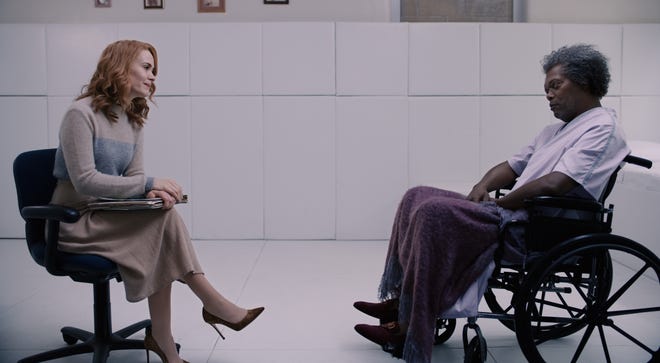
What's the importance of Sarah Paulson's character?
She co-stars as psychiatrist Dr. Ellie Staple, who tries to talk three main characters out of thinking they have superpowers. "She's really coming from this idea of like, 'This is a disorder if you think that you're these people from a comic book, and I'll give you all the reasons that I believe this and you try to counteract it,' " Shyamalan says. "That we can be talked out of the gifts that people have is a powerful conceit, and she did such a great job of grounding it in reality and meeting them wherever they were and trying to find a way to make them understand their delusion."
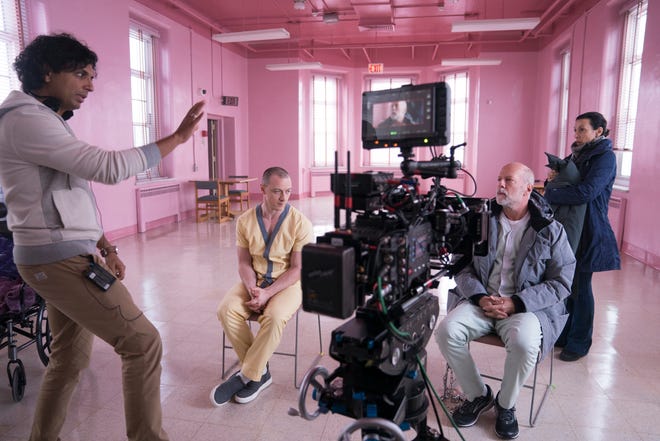
Is there an underlying theme for the trilogy?
For Shyamalan, it's this: Are there extraordinary things inside of us? "Basically, we're asking the question, could comic books be based on reality?" the director says. In "Glass," he includes a conversation that explains why superheroes wear spandex, boots and their underwear on the outside. "That came from the circuses where the strong men wore those clothes so that you would see the definition in their legs and see their big muscles as they lifted these weights, and you would be astounded at their strength. There were individuals doing things that were not possible. What if that person was what comic books were based on?"
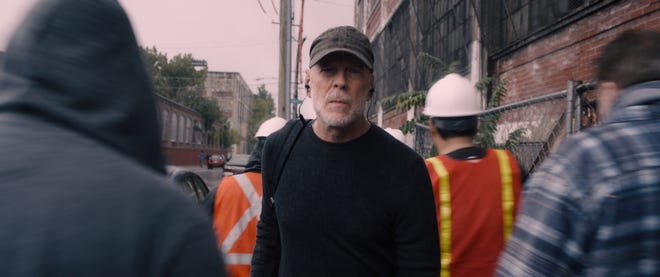
Will we see a fourth 'Unbreakable' movie?
Nope, "Glass" is the end of this trilogy and this chapter in Shyamalan's life. "This is only always supposed to be this story," he says. "I have a couple of original ideas in my head, and for me, the fun of it is to start over. You and I get to learn a new language together, and I have two hours to make you fluent in it and bring it to a conclusion."
Review:M. Night Shyamalan's frustrating 'Glass' isn't unbreakable after all
Also:10 January gems that came out in Hollywood's worst movie month
Preview:10 movies we can't wait to see in 2019, from 'Captain Marvel' to 'Aladdin'
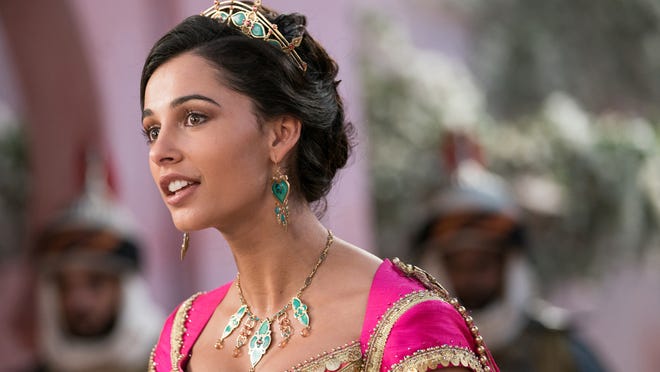
Source: https://www.usatoday.com/story/life/movies/2019/01/16/m-night-shyamalan-answers-burning-questions-about-glass-unbreakable-finale/2583214002/
0 Response to "Is the Movie Glass a Continuation of Unbreakable"
Post a Comment